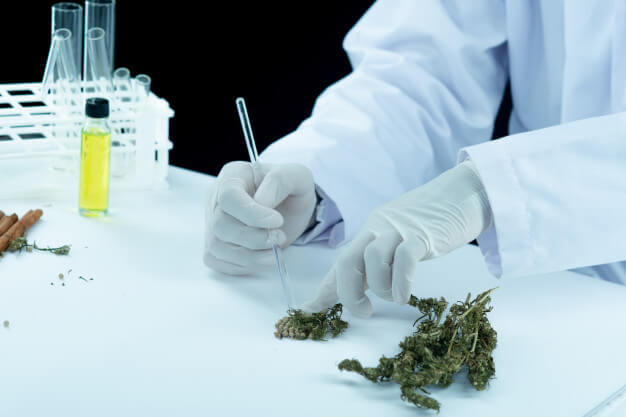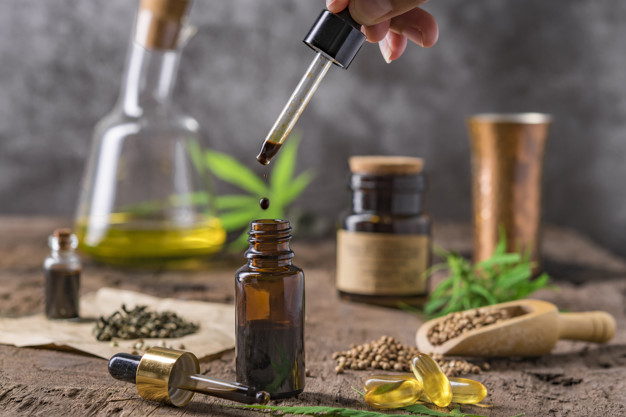The field of medical marijuana is a new and burgeoning one with significant potential. This means that any business-minded individuals wishing to enter this lucrative field by growing cannabis should make it their business to properly understand the basics of medical marijuana.
This article aims to elucidate some of the basic elements of the field of medical marijuana so that you can delve into deeper market research with a solid footing.
What is CBD?
CBD, or Cannabidiol, is one of over 100 cannabinoids found in the plant Cannabis sativa. Recently, it has been growing in popularity as a new kind of natural remedy to a number of potential ailments and is likely the most commonly accepted form of medical marijuana on the market.
As a cannabinoid, CBD must be extracted from the cannabis plant. This process can take a number of different forms, from solvent extraction to CO2 extraction. The main differences between these techniques arise from the different hemp extraction equipment used, as well as the potential effects on health and CBD oil quality inherent to each technique.
The Benefits:
As you might assume, the assumption behind the term “medical marijuana” is that there will be real and measurable benefits to the consumer’s health from the use of CBD oil. There are a number of ailments that CBD is thought to potentially assist with and soothe.
However, there are also a number of reported benefits of CBD oil that have yet to be professionally corroborated and scientifically proven. It is vital that you engage in proper research to confirm that the benefits of the product that you state when selling CBD oil, are as accurate and representative as possible.
Currently, CBD can only be marketed as a supplement and not a cure to anything, so make sure to reflect this in your advertising and copy.
There are studies into the health effects of cannabis and cannabinoids, including CBD, which suggest the health benefits of the plant and its constituents, including uses for pain therapy. In particular, it is useful to note that these studies show that CBD itself is non-psychoactive. This means CBD can be marketed as having the little risk of customers becoming “high” from its use.
The Risks:
Much like the benefits of CBD, the potential side effects are largely unknown. Those that are known are, for the most part, not fully corroborated by peer-reviewed scientific investigation.
However, some studies do indicate that potential issues with commercial cannabinoids involve a chance of contamination of cannabis products, including heavy metals, microbial contaminations, and degradation products. These will obviously need to be considered in any quality check protocols in the production process.
All in all, there are a lot of unknowns when dealing with CBD. Suppose you are able to overcome the risks posed by this lack of information. In that case, you could stand to gain significant advantages in terms of both brand and commerce by being an early adopter of this new and exciting market.
At the end of the day, business is about the risks you are and are not willing to take. Could the risk of CBD be one for you?





























